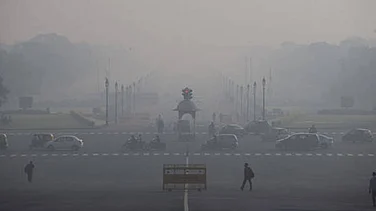A five-judge Constitution bench of the Supreme Court on Thursday unanimously decriminalised part of the 158-year-old colonial law under Section 377 of the Indian Penal Code (IPC) which criminalises homosexuality.
Contrary to perception that the SC judgment on section 377 is not applicable to Jammu and Kashmir, jurists and lawyers from the state say it is indeed applicable. They say the ruling has nothing to do with the Article 370.
The states peculiar relationship with the Union gives rise to speculations every time a landmark decision, with far reaching consequences is pronounced.
Justice Hasnian Masoodi, former High Court judge told Outlook that the judgment of the SC on section 377 of the IPC is applicable to the entire country.
He said in the instant case the court has not struck down a provision but it has struck down an attitude and the mindset. He said section 377 of Ranbir Penal Code is mirror image of the 377 of Indian Penal Code and no prosecution can stand against anyone who have been charged in such case.
ALSO READ | Explained: What Is Section 377 Of The IPC
Former Advocate General Ishaq Qadri said the SC decision is applicable in the entire country and same is the opinion of Jehangir Iqbal Ganai, another former Advocate General.
Section 377 refers to 'unnatural offences' and says whoever voluntarily has carnal intercourse against the order of nature with any man, woman or animal shall be punished with imprisonment for life, or with imprisonment of either description for a term which may extend to 10 years, and shall also be liable to pay a fine.
















